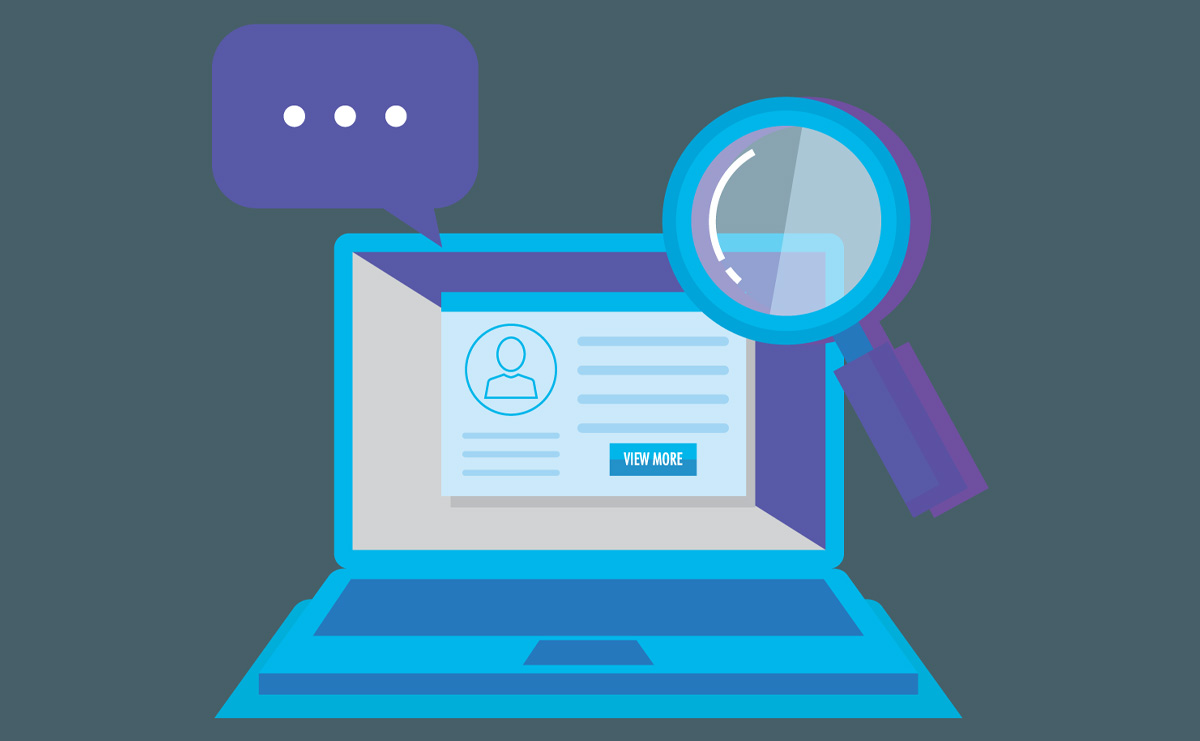Contents
5 Cost-Saving Strategies: How Legal Departments Leverage Technology
As more legal departments seek ways to cut costs and work smarter, many are turning to technology to make it happen. The right tools can transform daily operations, taking care of repetitive tasks, simplifying processes, and boosting efficiency across the board. In this article, we will dive into five practical strategies that legal departments can use to tap into the power of technology and achieve significant cost savings.
Automating Routine Legal Tasks
Routine tasks like document drafting, contract management, and legal research take up a large share of a legal team’s time and resources, often pulling them away from higher-value activities. Many of these repetitive processes can be automated by incorporating technology solutions, particularly AI-powered tools, significantly reducing the time and effort needed. For instance, contract management software allows legal teams to create templates and automate contract workflows, ensuring compliance with minimal manual input.
Similarly, document automation tools, such as document assembly software, let teams quickly generate standard forms and legal documents with pre-approved language, reducing errors and speeding up the process. In addition, AI-driven legal research platforms simplify the research process, providing rapid access to pertinent case law, statutes, and regulatory information. By automating these routine tasks, legal departments reduce the hours spent on billable work, lower the risk of errors, and free up their teams to concentrate on more strategic initiatives—ultimately leading to substantial cost savings.
Implementing E-Discovery Tools for Litigation Support
E-discovery, or electronic discovery, is the process of identifying, collecting, and producing electronically stored information (ESI) for legal cases. This task was once highly labor-intensive but is now streamlined through technology. E-discovery tools enable efficient data collection, rapidly sifting through vast amounts of information to locate relevant documents and communications, significantly reducing the time required for manual reviews.
Modern platforms use AI-powered analysis to categorize documents, conduct sentiment analysis, and predict document relevance, helping to focus manual efforts only on the most crucial data. Centralized, cloud-based storage solutions further enhance the process by providing fast, secure access to information, lowering both storage costs and retrieval times. Through automation, legal departments can save valuable time, reduce storage expenses, and minimize reliance on external vendors for document review, leading to substantial cost reductions.
Utilizing Contract Lifecycle Management (CLM) Systems
Contract lifecycle management (CLM) software is a powerful tool for tracking a contract’s journey from creation through execution, renewal, or termination. By centralizing all contract data, CLM helps legal teams manage obligations and deadlines more efficiently. With standardized templates and pre-approved clauses, teams can draft compliant contracts faster, cutting down on drafting time and minimizing the need for extensive legal reviews. CLM tools also provide real-time compliance tracking, with alerts for critical dates and milestones, which reduces the risk of missing obligations that could lead to disputes or penalties.
Many CLM platforms offer data analytics, allowing legal departments to analyze contract trends and negotiate more favorable terms while avoiding costly disputes. Ultimately, CLM reduces administrative overhead, lowers legal risks, and ensures proactive contract management, helping to prevent costly errors and optimize resources.
Integrating Legal Matter Management Systems
Matter management technology empowers legal teams to comprehensively manage every aspect of a case, from tracking time and expenses to organizing documents and coordinating communications with stakeholders. As a centralized information hub, a matter management system stores all relevant documents, notes, and communications, improving data accessibility and eliminating the need for repeated searches.
This technology enhances collaboration by tracking team members’ contributions and tasks, promoting more efficient and coordinated case handling. Budgeting and spending analysis tools also allow departments to monitor expenses, compare actual costs to budgets, and avoid cost overruns. By centralizing data and providing tools for effective oversight, matter management technology helps legal departments reduce administrative effort, control case expenditures, and cut unnecessary costs.

Adopting Cloud-Based Document Storage Solutions
Secure and efficient storage of sensitive documents is crucial for any legal department, but maintaining physical files or on-premise digital storage can quickly become costly and cumbersome.
Cloud-based storage provides a scalable and secure alternative, streamlining document management. By moving to digital storage, legal departments eliminate the need for physical space and budget allocations dedicated to paper storage. Moreover, cloud providers offer enhanced security measures—such as advanced encryption, access controls, and audit trails—that deliver top-tier protection at a fraction of the cost compared to in-house implementations. Cloud solutions enable remote access, allowing legal teams to work from anywhere without relying on on-site infrastructure. Overall, cloud storage reduces costs related to physical storage, provides robust security, and offers a flexible, scalable solution to support a growing department.
Key Ways RunSensible Drives Cost Savings for Law Firms
RunSensible offers a range of cost-saving tools for law firms by streamlining client intake, document management, billing, marketing, and data analytics. Through automated client intake and CRM, firms reduce administrative time and labor costs by capturing and organizing client information efficiently. RunSensible’s document management capabilities allow digital document creation, secure storage, and e-signature integration, minimizing paper costs and freeing up physical space.
Billing is simplified with integrated payment plans and recurring billing features, helping firms maintain steady cash flow, reduce time spent on collections, and prevent revenue loss from unpaid invoices. The platform’s built-in marketing tools—lead scoring, email marketing, and A/B testing—allow firms to conduct targeted, cost-effective campaigns without additional software, optimizing marketing spend and improving client conversion rates.
RunSensible’s data analytics further enable cost control by providing insights into client acquisition trends, lead sources, and case patterns. This data-driven approach aids resource allocation and avoids budget overruns by focusing on areas that yield the highest return.
Final Thoughts
Technology is a game-changer for legal departments, offering tools that boost efficiency and save money. From automating everyday tasks to streamlining e-discovery and contract management, tech solutions like CLM systems, matter management platforms, and cloud storage make it easier to get work done on time and within budget. Adopting these tools helps legal teams make the most of their resources, adapt quickly to new challenges, and deliver better services—all while proving that smart tech investments can really pay off in time and cost savings.
Frequently Asked Questions
How can legal technology improve the value of legal staff?
Legal technology improves the value of legal staff by enhancing productivity, freeing up time for higher-level tasks, and empowering them with tools that streamline complex workflows. By automating routine tasks, improving collaboration, supporting data-driven insights, and reducing stress, legal technology elevates the value that legal staff bring to their firms and clients.
Does legal technology support business outcomes?
Yes, legal technology can significantly support business outcomes in several ways, particularly by enhancing productivity, improving accuracy, and fostering client satisfaction.
Is technology the future of legal operations?
Yes, technology is increasingly seen as the future of legal operations. The legal sector, traditionally slow to adopt new technologies, is now transforming as firms recognize the substantial benefits of digital tools in optimizing workflows, reducing costs, and meeting evolving client expectations.
What challenges do legal leaders face in implementing legal technology?
Legal leaders face multiple challenges in implementing technology, from overcoming resistance to change and managing high costs to ensuring data security and compliance with regulatory standards. Integrating new tools with existing systems and bridging skill gaps among staff requires strategic planning, ongoing training, and support. Additionally, selecting the right technology from an overwhelming array of options is crucial to avoid inefficiencies. Leaders must also ensure that technology adoption brings measurable long-term value, which demands continuous monitoring and optimization to meet evolving legal and business needs.
Disclaimer: The content provided on this blog is for informational purposes only and does not constitute legal, financial, or professional advice.







